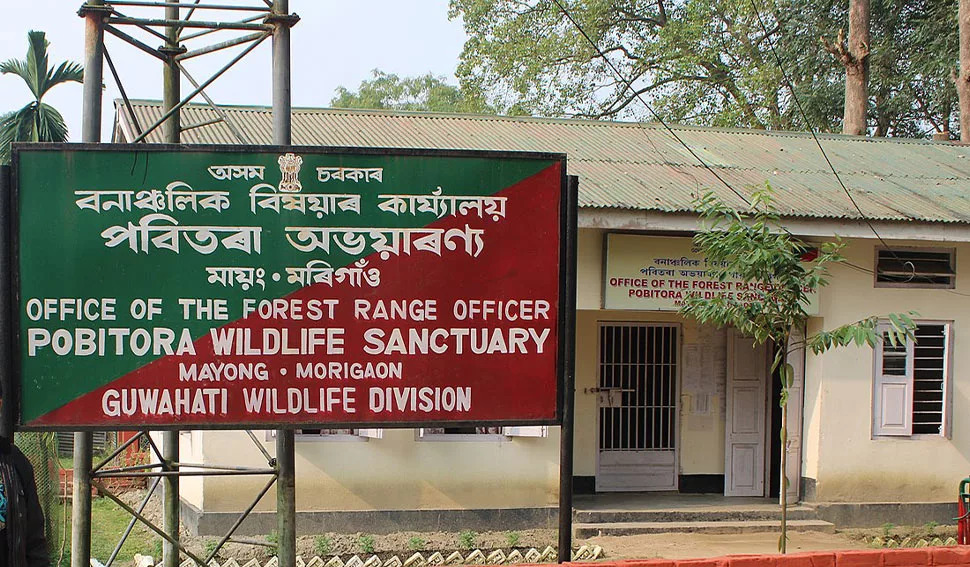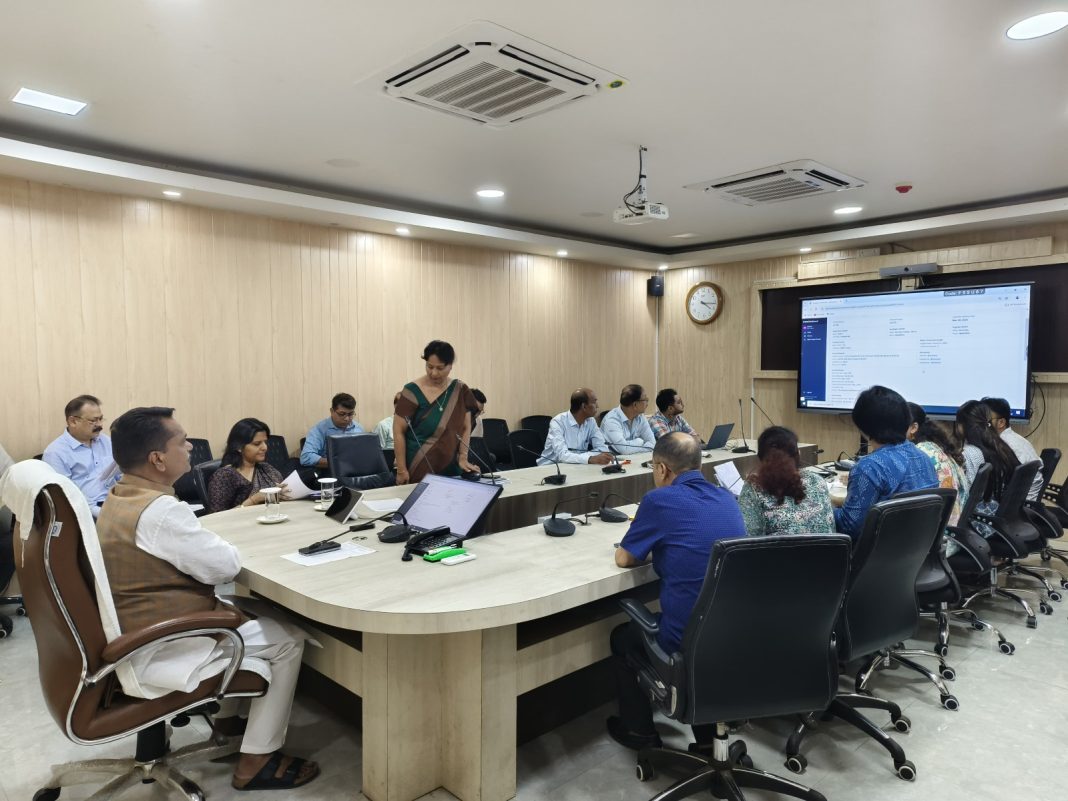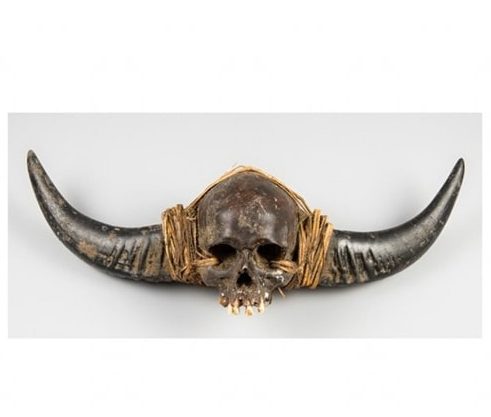Guwahati, Oct 9: The National Green Tribunal (NGT) has directed a joint committee to submit an inquiry report within one month regarding the establishment of a brick kiln plant in the eco-sensitive zone of Pobitora Wildlife Sanctuary IN Central Assam’s Morigaaon district.
This order follows a set of complaints lodged by Utpal Saikia and others, expressing concerns over the environmental impact of the project. The NGT’s Principal Bench, led by Judicial Member Justice Sudhir Agarwal and Expert Member Dr. Afroz Ahmad, issued the directive on October 4, after the committee failed to meet the initial deadline for report submission.
The Tribunal emphasized that if the committee does not comply with this extended deadline, all its members will be required to appear before the NGT. On September 4, the NGT constituted a joint committee to investigate allegations of industrial activity within the protected Reserve Forests under the Pobitora Wildlife Sanctuary.
The committee was tasked with submitting a report by October 4. The petition alleged that industrialist Dilip Chetry had set up a brick kiln using coal as fuel and had established an industrial zone within the boundaries of two reserve forests: Bada Mayang Reserve Forest, which spans 1,191.86 hectares, and Pobitora Reserve Forest, covering 1,584.76 hectares.
The joint committee includes representatives from the Ministry of Environment, Forest, and Climate Change (MoEF&CC), New Delhi; the Assam State Pollution Control Board (APCB); the Central Pollution Control Board (CPCB); and the Principal Chief Conservator of Forests (PCCF), Wildlife, Assam.
In its order, the NGT further designated the CPCB as the nodal agency responsible for ensuring coordination and compliance. The joint committee has been instructed to visit the site, gather relevant information, and submit a factual report to the Registrar General of the Tribunal within one month.
The petitioners have raised serious concerns about industrialist Dilip Chetry’s efforts to create an industrial zone between two blocks of the Pobitora Wildlife Sanctuary. The allegations include plans to set up a brick kiln using coal as fuel, and even proposals to establish cement factories and stone quarries in the area, which would further endanger the eco-sensitive zone.
A report from the Forest Range Officer of Pobitora Wildlife Sanctuary, submitted to the Regional Forest Officer on May 4, 2023, revealed that a brick kiln was discovered in the Sativeti area on May 1, 2023. This brick kiln was found amidst paddy fields belonging to villagers, approximately 500 meters from the Rajamayog Hill Point, which marks the boundary of the wildlife sanctuary. The location also falls within the proposed eco-sensitive zone, raising concerns about its environmental impact on the protected area.
The NGT highlighted another critical letter from the DFO to the PCBA, dated March 4, 2023. This letter, which has been submitted as part of the ongoing investigation, forwarded an inventory report of industries located within the proposed eco-sensitive zone of Pobitora Wildlife Sanctuary. The report was compiled by the Range Officer of Pobitora Wildlife Range.
The NGT’s order reiterates that the Pobitora Wildlife Sanctuary consists of two primary reserve forests—Bada Mayang Reserve Forest (1,191.86 hectares) and Pobitora Reserve Forest (1,584.76 hectares)—along with government land covering 1,104 hectares. The sanctuary was officially designated as such through an Assam government notification on March 17, 1998. The proposed eco-sensitive zone around the sanctuary extends to a one-kilometer radius from its periphery and includes areas between the reserve forests and government land. Industries listed by the Range Officer are located within this sensitive zone.
The DFO had requested the chairman of the Assam State Pollution Control Board to take necessary action regarding the industrial activities. However, the NGT noted that no substantial action appears to have been taken thus far. According to complaints, the industries in question, which include brick kilns and potentially other operations like cement factories and stone quarries, continue to operate in the eco-sensitive zone, posing a threat to the sanctuary. The NGT’s directive seeks a thorough inquiry into these operations to assess their legality and environmental impact.
“Tribunal after considering the above complaint, found it appropriate to obtain the factual report for which constituted a joint committee comprising a representative of Secretary, Ministry of Environment Forest and Climate Change, New Delhi; Member Secretary, Assam State Pollution Control Board; representative of Central Pollution Control Board; and Principal Chief Conservator of Forest, Wildlife, Assam,” it said.
“CPCB was made the nodal agency for coordination and compliance. However, no report has been submitted,” the NGT stated. The Tribunal will hear the case on November 5.




